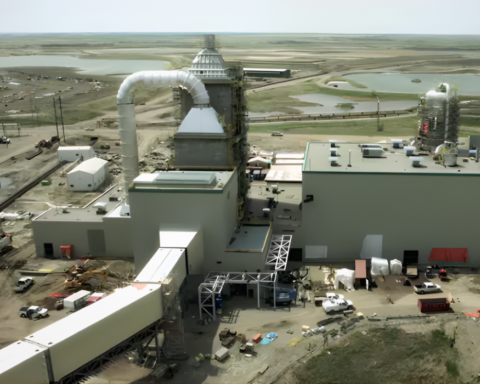A recent event hosted by the BC chapter of Canadian Investor Relations Institute (CIRI) featured a panel of mining sector experts who addressed questions on how trends – such as mandated diversity, investor activism and increased regulatory oversight – are likely to impact corporate boards. The panel also touched upon best practices in director recruitment, compensation, retention, retirement, and relationships with management teams, shareholders and other interested parties.
We took away three points from the panel’s comments.
- Boards will not benefit from diversity targets. Quotas drive a culture of mediocrity.
- Rather than mandating board diversity, the focus should be on building diversity into the university talent pool in fields such as geosciences. Further, the panelists – who each sit on multiple boards – seemed to agree that imposing term limits is unnecessary as directors are adept at self-assessment (we interpreted this to mean that there is no immediate demand for new talent).
- “Natural evolution” is occurring and, therefore, gender diversity is not a major concern. With few if any questions being asked by investors, mandatory disclosure is an unnecessary burden.
But is this the case?
The Ontario Securities Commission recently released a study evaluating board and executive officer diversity in 722 TSX-listed companies. 65 per cent of the companies surveyed had no women on their boards. Mining has the highest proportion of companies with no women on their boards and one of the poorest records for the percentage of women in executive positions.
In mid-November, the Minerva Foundation published its diversity report card of 28 major companies in British Columbia. The conclusion? Companies are falling short of gender leadership parity and, at the current pace, it will take 75 years to achieve that threshold. Discouraging news for future leaders – Grade 11 girls who participate in Minerva’s Leadership Development program will be 90-years old before “natural evolution” brings about gender parity.
So egregious is this possibility that 11 of the 28 BC companies signed a CEO pledge on Nov. 17, 2015 committing to take action to close this gap on an accelerated timeline in their organizations and, ultimately, along their supply chains.
Diversity in gender is one consideration. Diversity in expertise is another. The Ontario Security Commission study does not appear to examine the skill set of current directors, but given one panelist’s view that a technical engineering degree is the best pathway to a board, we should also explore the diversity of skills represented on current boards in the mining sector.
One of the leading causes of mining project delays is social risk arising from mining-community conflict. This is not a technical issue. Social risk is occurring in countries around the world, regardless of the company or commodity involved. And these situations are occurring despite good intentions on the part of companies to act in a socially responsible manner. Again and again, we see mining companies failing to transform resource wealth into benefit for the communities that host mining operations, as well as for their shareholders. A diverse board is needed to drive innovative solutions, not only in legal, financial, and operational arenas, but also in social and reputational risk.
There is a caveat; board dynamics must invite, not dismiss, contrasting points of view. This is inherent in diverse boards and can generate the creative tensions that fuel innovation and strategic foresight, especially important for the fossil fuel industry.
Take, as an example, the study released last week by Corporate Knights that examined the performance of 14 funds totaling $1 trillion in assets. It found that carbon-intensive investments cost stockholders $22 billion in reduced returns over the past three years. The decarbonizer study also determined that some funds have quietly reduced or completely eliminated their exposure to the most carbon-intensive companies.
As Corporate Knights CEO Toby Heaps writes, “The good news is there is finally a place to reinvest. In the public equity space, there are over 1,300 companies with a collective market value of over $2.3 trillion that Bloomberg has identified as earning significant sources of revenue from the new energy economy. That is bigger than the collective $2.2 trillion value of the global coal and oil stocks as tracked in the MSCI index.”
On hearing the panelists’ discussion this week, we can’t help but ask whether mining company or other resource sector boards and executive teams appreciate how markets and industries are being reshaped by social impact investors and trends. Are boards diverse enough in composition and outlook to have the open and vigorous discussions that help steer innovation and adaptation against the current backdrop of sweeping societal changes? Based on our takeaways from the CIRI panel, we’re skeptical.
Companies led by boards that embrace diversity – in gender and all its forms – as a source of business innovation and success seem far more likely to have the strategic insight necessary to prosper in the decade ahead. For mining and all resource companies to be among them, directors will need to bring a wider range of experiences, professional expertise and viewpoints to the boardroom.
Natural evolution strikes us as a woefully inadequate pathway to achieve that new normal given the scale and pace of social and structural change underway.







